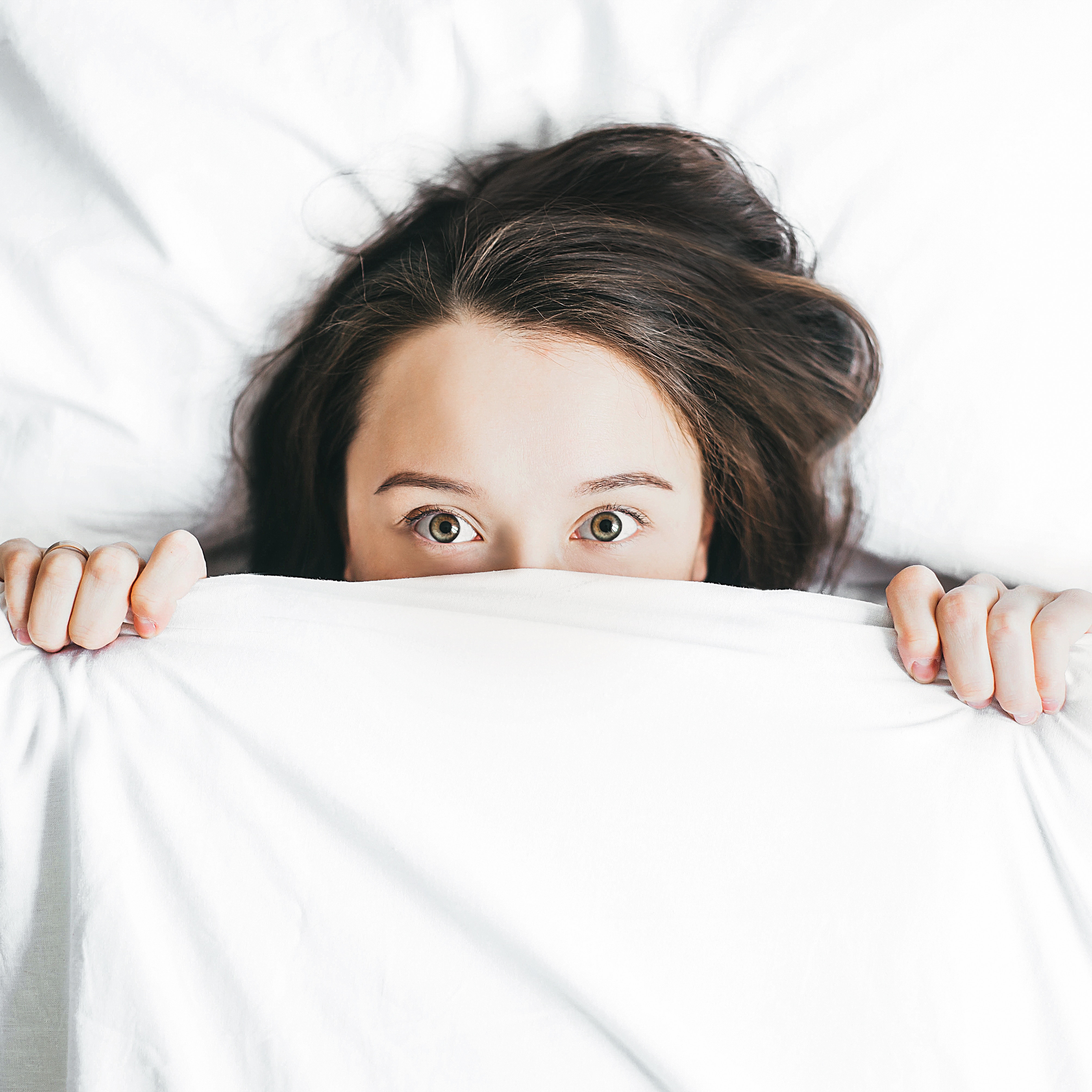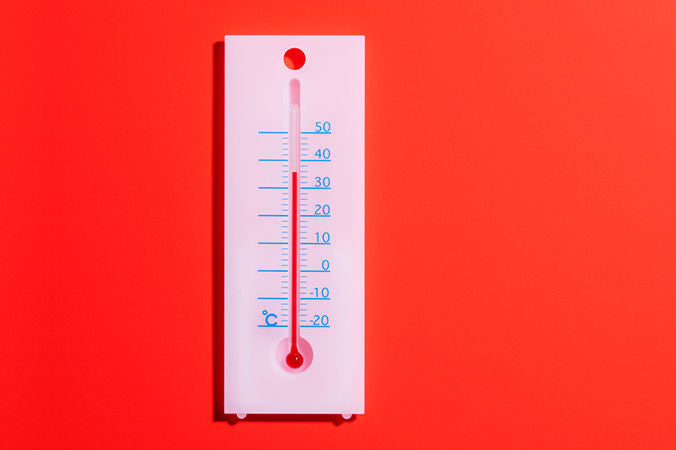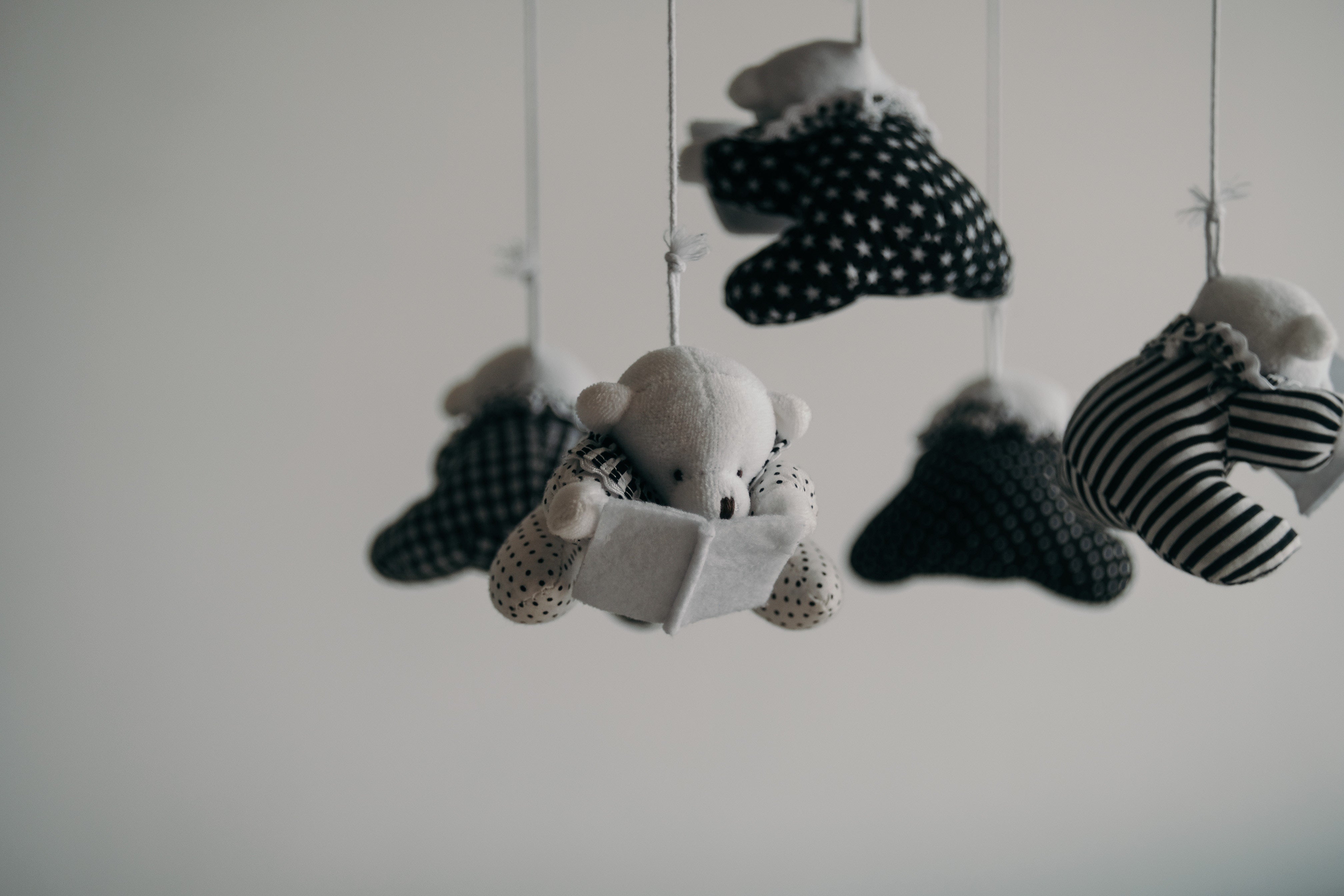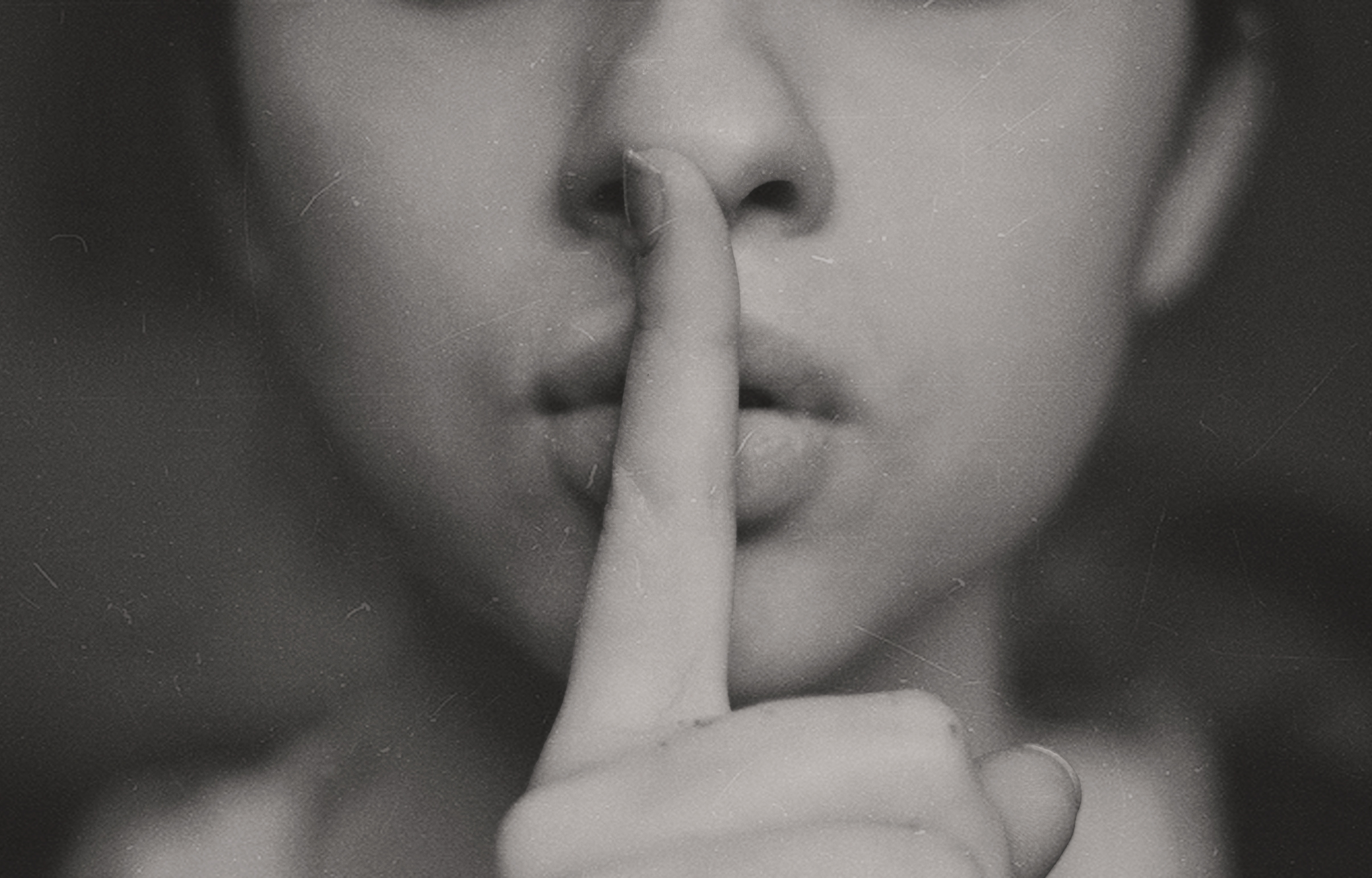Headspace, Digipill and, Sleep Cycle – smartphone-based apps have revolutionised the way we sleep. And together with a whole host of articles proclaiming “5 Ways to Sleep Better…” (myself included), the level of sleep-related advice available to us is greater than ever.
Each of these things represent a new age of self-help. More easily than ever before, we can entirely rely upon our own efforts and resources to achieve whatever we so desire. But where does the idea of self-help come from, and indeed, is there any reason to question its ability to make a ‘better you’?
“Heaven helps those who help themselves”
Times have changed since the birth of humanity. Whereas once our lives revolved around simply surviving each day, reproduction and outlasting treacherous weather conditions, many of us now rely upon philosophical insight to guide each of our actions, and to provide our lives with some form of meaning.
Despite there having been numerous advocations for personal development before the 19th century, from Boethius’ “Nothing is miserable unless you think it so”, to Robert Burton’s “What cannot be cured must be endured”, it was the Scottish author, doctor and lecturer Samuel Smiles who coined the concept of ‘self-help’.
Published in 1859 – the same week as Charles Darwin’s revolutionary On The Origin of Species – Smiles’ Self-Help became an international bestseller in its year of release, second in sales only to the Bible. Derived from Smiles’ own political perspective, it was his view that in order for society to become more civilised or successful, individuals must take it upon themselves to become ‘better’. In order to do so, Smiles advocated a life of sacrifice, defined by a dedication to hard work, thrift and sobriety.
“Why did I not stop?”
The work of Samuel Smiles was largely derivative of his own life. Smiles – unlike some contemporary self-help authors – practised the work he preached, working tirelessly throughout his life to write hundreds of articles, and publish over 25 books.
Smiles’ autobiography (1905) however, published one year after his death, depicts a man who had judged success in particularly confined terms. So much so, that he had suffered for it. Describing his rapidly declining health for example, no longer able to eat or sleep, Smiles asks himself, “Why did I not stop?” before declaring, “Poor, weak, unreflecting human nature. We know the right, and yet the wrong pursue.”
Looking now, it is clear that Smiles’ narrow-mindedness and focus solely upon work and success, neglected the need for pleasure and leisure in one’s life. Any time spent resting for instance, was time that should have been spent working, and furthering your chances of material gain and societal success. What had previously provided the Scottish author with fame and fortune, had by later life, become a system of oppression, one that prevented him from enjoying life.
To many, Smiles was little more than an advocate of classical liberalism, championing a form of individualism that was free from reliance upon the state. “Heaven helps those who help themselves” after all.
But in fact, Smiles wasn’t solely interested in the individual. It was Samuel Smiles’ aim in fact, that readers would be able to become more practical, and more hard working by following his proposals outlined in Self-Help, and thereby, be able to give to their society in a more efficient and effective way.
His idea of self-help was revolutionary, not merely for its unprecedented success, but also, because it finally prioritised a notion of self-improvement that was free from notions of self-aggrandisement, selfishness or short-sightedness.
The Future of Self-Help & Sleep
The self-help industry has changed drastically since the days of Samuel Smiles. Now a multi-billion dollar industry, sharing secrets of ‘eternal youth’, the ‘perfect body’, and the ‘happiest life’, self-help books/websites/articles/apps have become a staple of contemporary life. And this is hardly a surprise. People have always been fond of trying to improve, and indeed, telling others how to live their life.
But what about self-help and sleep?
What arguably makes ‘sleep’ different to the ‘perfect body’, or ‘eternal youth’, is in its realism. We all need to sleep. We all have the same genetic make-up, and each rely upon high-quality rest to reaffirm our memories, regain our energy and forget about those concerns that life throws at us. Not only that, but we also know what will happen if we become deprived of sleep. Cancer, type 2 diabetes, a stroke or heart attack – our general well-being relies upon us sleeping well.
We also, know how to improve our sleep, due to the sheer volume of sleep-related self-help available to us today. Avoid your phone or any electrical device at least one hour before bedtime. Limit your caffeine or nicotine intake. Maintain your circadian rhythm by not altering your bedtime, even on the weekend. Don’t have alcohol before bed. You’ve almost certainly heard them all before.
But have you ever taken some time to explore truly why you want to improve your sleep?
It’s an important question to ask yourself, before delving into the world of self-help. Rather than ‘what’, why do you want to change? Self aggrandisement? Keeping up appearances? To make money? Or to truly better yourself, and enhance your ability to give to the people around you?
Choosing the latter doesn’t necessarily make you a better person. But one would assume, changing for the many – your partner, your housemates, your family – will have a more positive effect than viewing your ‘improvement’ purely through your own guise.
Sure. You wouldn’t want to take any sleep tips off Smiles. And perhaps the Victorian writer had a point when he said that humanity often knew “the right, and yet the wrong pursue.” But the extent to which people now worry about their sleep, and make enormous efforts to improve it, should make us sincerely hopeful for the future. For it could be, that so many people wish to do so in order to contribute to societal well-being.
A new political slogan for the sleep-deprived perhaps?
‘Sleep for the many, and not just the few’.







